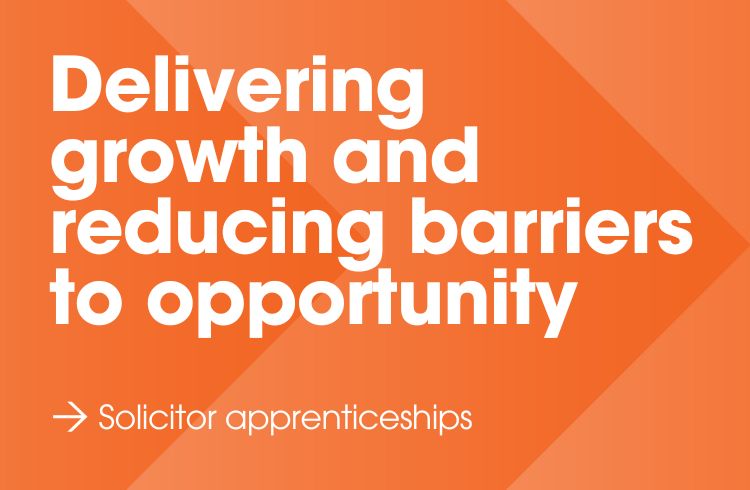Apprentice FAQs
Here are answers to some of the questions we frequently get asked by aspiring apprentices. If you can’t find the answer you’re looking for, please feel free to get in touch with us on the phone or by email.

Ring us on 0161 480 8171, email us at info@damartraining.com or fill in one of our apprentice forms if you have any questions about apprenticeships.
To help get you started, here are some questions we are often asked by the potential apprentices we speak to.
Yes. Apprenticeships are designed for people who are in full-time work (at least 30 hours a week in most cases). If you do not have a job, we can help you find one. Take a look at our Apprenticeship Vacancies page to see what we currently have on offer. If you have a job already, that’s great – most employers are very supportive.
You can apply for an apprenticeship with Damar by looking at our vacancies and clicking on the apply button for any that interest you. You need to have a look at the whole job description, including what the day-to-day activities involve, the wage and where the employer is located to make sure that the opportunity is right for you before you apply.
You can also visit the government website which lists vacancies from all providers across England.
After you’ve applied for an apprenticeship with Damar, we will contact you by phone to discuss the job role and your application. Provided you are still happy to be put forward for the job and that you meet the eligibility and employer’s criteria, we will send your CV to the employer. The employer will typically then shortlist candidates from the CVs that have been submitted and, if you are shortlisted, we will contact you again to organise an interview. Some employers hold assessment days or conduct more than one interview to ensure they are getting the right candidate for the role but we will also stay in regular contact without you throughout the process so that you know what stage you are up to.
This process can sometimes take a few weeks or even a month or two, depending on the employer’s circumstances so don’t worry if it seems to be taking a long time. If you’re ever not sure, just give our recruitment team a call on 0161 480 8171 and we can give you an update.
Working with your Damar coach and your employer, you will improve your level of knowledge, skills and understanding of your job role and of the industry that you work in. Most apprenticeships have a wide range of optional content so your qualification can be tailored to suit your needs. In addition to your main apprenticeship qualification, you may also have the opportunity to gain other qualifications such as AAT for accounting, CILEx for law and ILM for management, which will stand you in good stead when developing in your role and applying for further promotions.
You will need to spend a minimum of six hours a week on average (excluding holidays) working on your apprenticeship. This is the minimum, the actual range for most of our apprenticeships is six to eight hours a week. Your apprenticeship work must be done during your normal paid working hours at times that you will agree with your employer.
The way in which we deliver our apprenticeships means that you will not need to attend classes or college one day a week. However, in order to develop the knowledge and understanding required for your apprenticeship, you will need to set time aside to study and your employer will support this. Study will take a variety of forms. It will include 1:1 sessions with your Damar coach and subject specialist tutor, online guided learning via our virtual learning environment, Damar OpenLearning, and other online resources, particularly if you need to do functional skills in maths or English as part of your apprenticeship
“People of all ages and educational backgrounds (including graduates) can be eligible to do an apprenticeship. The key point is that the apprenticeship must allow you to acquire substantive new knowledge, skills and behaviours that you need for your job. This means that we need to check that the content of the training is materially different from any prior qualification or previous apprenticeship that you have completed. It also means that we and your employer need to be satisfied that you will have to spend at least six hours a week on average (excluding holidays) working on your apprenticeship If you decide to apply for an apprenticeship with Damar, we will always check your eligibility with you.
In addition to meeting eligibility as set out in government rules, the employer may also set criteria that they want the apprentice to meet in order to gain the role, such as having certain A-Level or GCSE grades. You can see what employers are looking for on our Apprenticeship Vacancies page.
Yes, all apprentices are paid. The current minimum rate per hour for apprentices aged under 19 or in the first year of an apprenticeship is £6.40 although most of the employers that we work with pay more than this.
Having additional learning needs does not prevent you from applying for and doing an apprenticeship. As part of the recruitment process, we will ask you if you have any additional learning needs so that we are aware of any extra support we may need to put in place for you to maximise your chances of being successful and reaching your potential.


Daniel Otto
Legal Admin Apprentice
Latest news
Annual Apprentice Survey
Attracting and retaining legal talent
Damar and BARBRI
Partner employers












